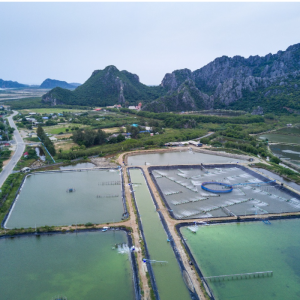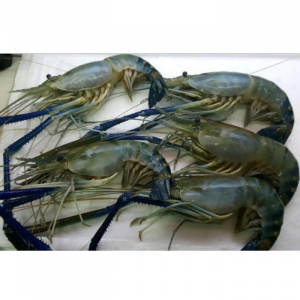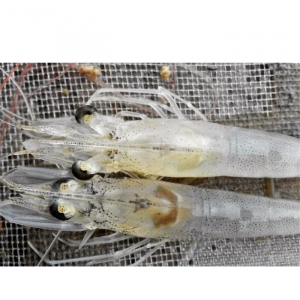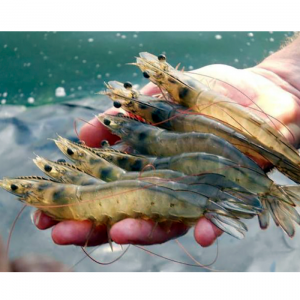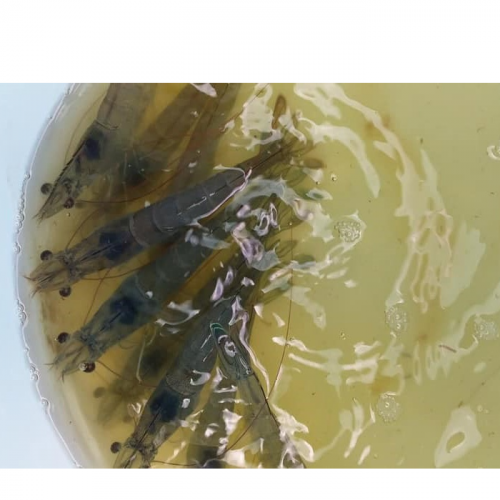
Why Need to Add Minerals to Fish and Shrimp Feed?
| Mon, 28 Dec 2020 - 18:41
Aquatic species are species capable of absorbing minerals from the water environment or through food. Fish and shrimp in the pond can also thanks to the exchange of osmotic pressure that partly satisfy their mineral deficiency. However, the mineral requirement of shrimp and fish is very high. If only thanks to the above natural minerals, it is definitely not enough under intensive farming conditions. Hence, it is essential to have mineral intervention from the outside.
Pathway of mineral absorption of fish and shrimp
The water environment in which the fish and shrimp are living has a high osmotic pressure (hypertonic). Therefore, thanks to the salt exchange process with the outside environment, they will absorb some of the available elements in the water environment. Osmotic pressure regulation mechanism will help shrimp and fish adapt well to changing environment. However, this ability will decrease naturally as the crayfish grow to maturity. This may mean that the larger fish and fish, the higher their mineral requirements will be. And the more fresh water you live in, the more minerals you need from outside.
Minerals are also absorbed by fish and gills through the gills, skin and fins. However, this absorption depends on many factors including water quality parameters, weather and their health. Only direct absorption when mixed with food is most effective when fish easily absorb directly with a large amount of necessary minerals.
Also read: Evaluating Plant Protein Sources Replacing Fishmeal In Juvenile White Shrimp Diets
The importance of minerals
Elements such as Calcium, Phosphorus, Magnesium are important components in the body structure of fish and shrimp. Minerals are also involved in many physiological processes, catalysts for physical and chemical reactions in the body. Many components of the immune system must be composed of minerals in order to become sure, to become a strong barrier to disease.
For shrimp, they need to molt, so that they can grow up and develop. And molting is exactly the most sensitive time of shrimp, this stage also needs minerals the most for the process of forming a new shell and recovering health. When lacking minerals, shrimps are easy to bend the body, causing muscle deformity. Many studies have demonstrated that magnesium absorption decreases when calcium and phosphorus are absorbed too much. The balance of minerals to ensure that there are no missing elements is a difficult problem in shrimp farming today.
Fish is more active than shrimp, so the requirement for minerals will be higher, giving the fish enough energy for their activities. Lack of minerals, fish are susceptible to body curvature, back scoliosis, reducing product value when being placed on the market. The elements in minerals are also catalysts for the reproduction process, ensuring the survival rate for the eggs and later fry.
When water quality parameters are fluctuated, it is time for fish and shrimp to need a lot of minerals. However, the mineral absorption of fish and shrimp depends on many factors, including their health, life stage and methods of mineral supplementation of farmers.
Also read: Shrimp Aquaculture and Competitive Exclusion Of Pathogens
Minerals are added directly to shrimp and fish through the digestive tract
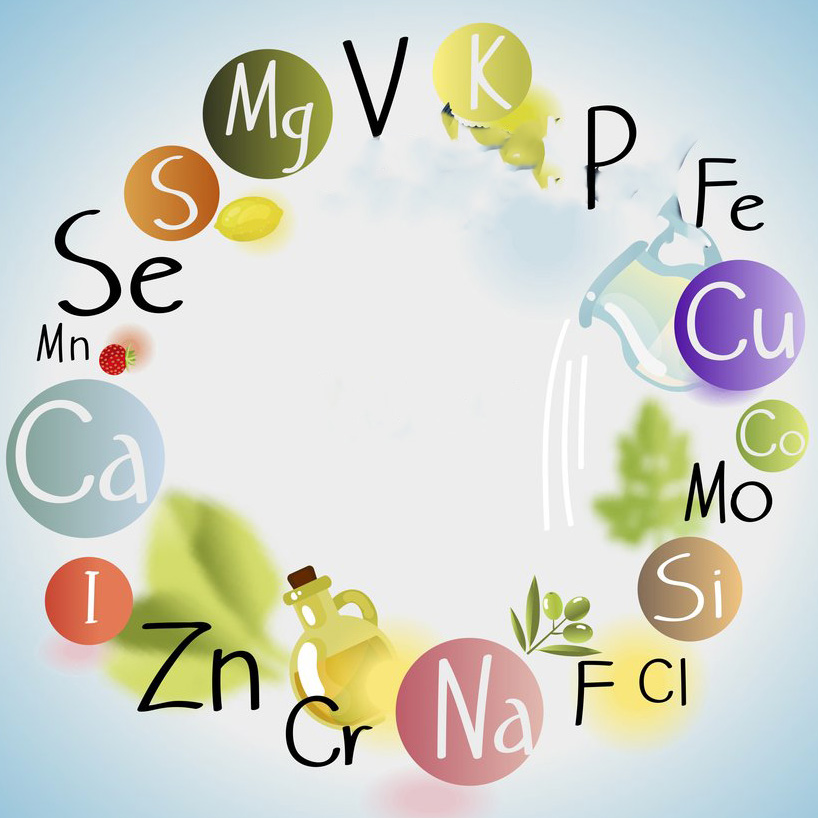
When farming intensive fish and shrimp, if only relying on minerals in the environment, it is definitely not enough. So it is very necessary to add minerals. There are very few mineral supplements on the market that are directly mixed with the feed, although this form will help fish and shrimp use more minerals. MCP diges are digestive minerals that can do this trick . Shrimp and fish will be directly absorbed daily through digestion. With a variety of trace mineral elements and macronutrients, ensuring the balance of minerals in the body, especially Calcium, Phosphorus and Magnesium. Adding a characteristic odor, attracting shrimp and fish to find food pellets, increases their mineral absorption.
Also read: Effective Preservation and Use of Shrimp Feed
With the addition of 3 to 5 ml of MCP diges per kg of feed on all scales , the molting process of shrimp is easier and more efficient. Shrimp grow quickly and avoid some diseases due to lack of minerals such as curvature of the body, turbidity in high temperature. In addition, the farmed fish will also become active, swimming quickly, without having a crooked back or curved body. The timely replenishment will limit the mineral deficiency, helping shrimp and fish achieve the desired values.
Source: Tepbac.com













